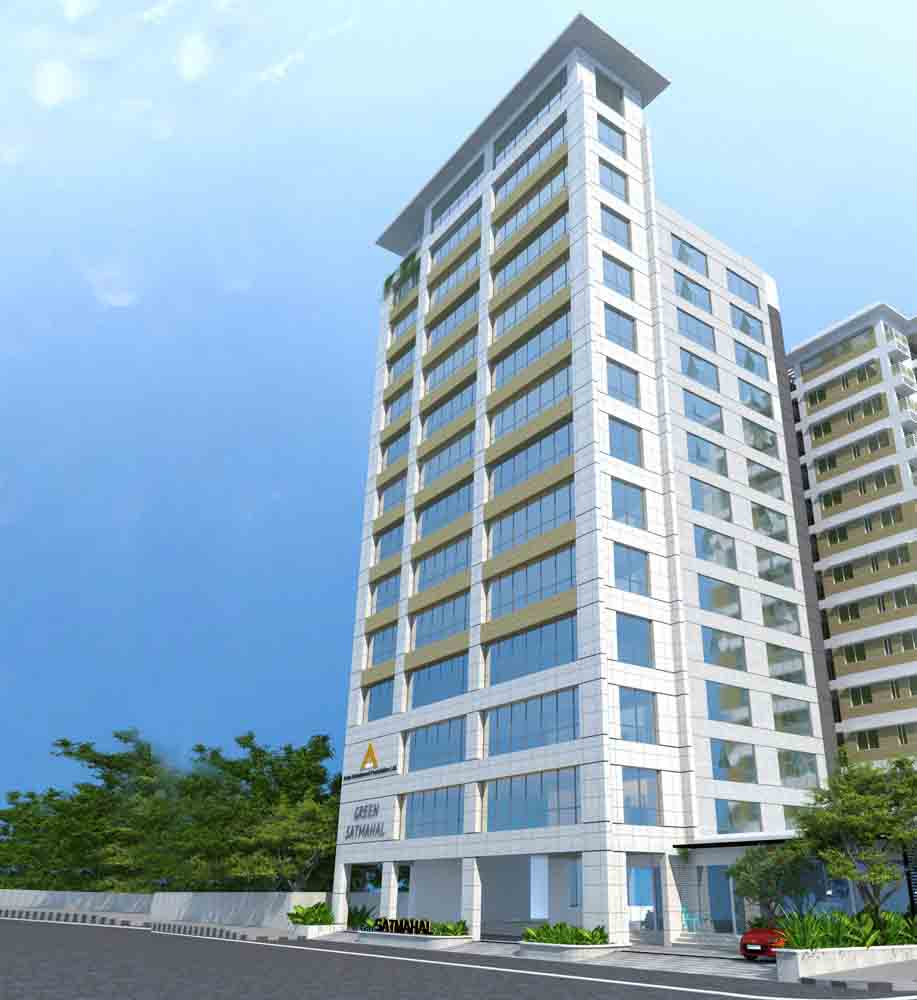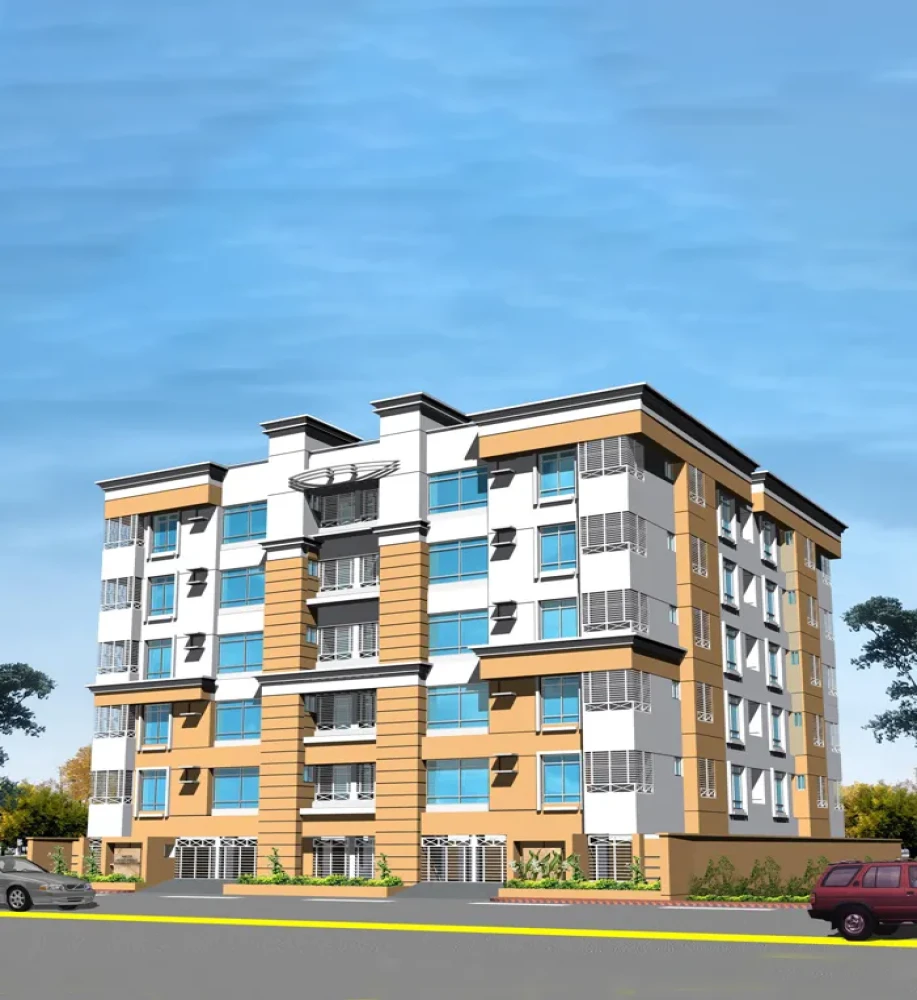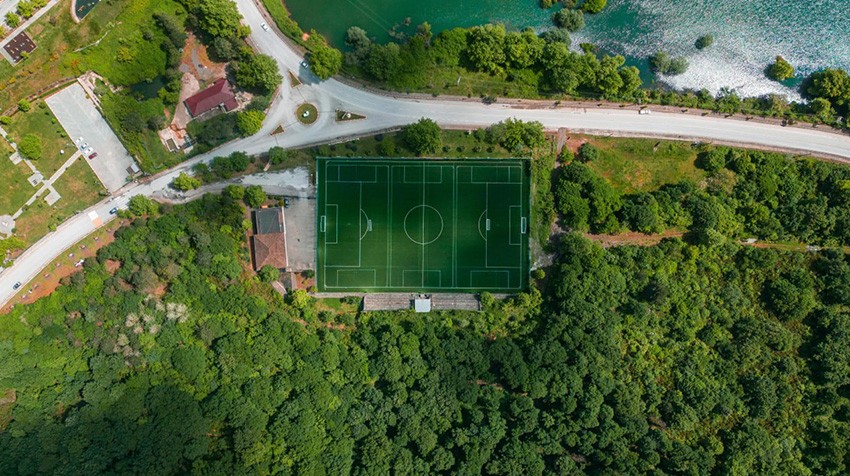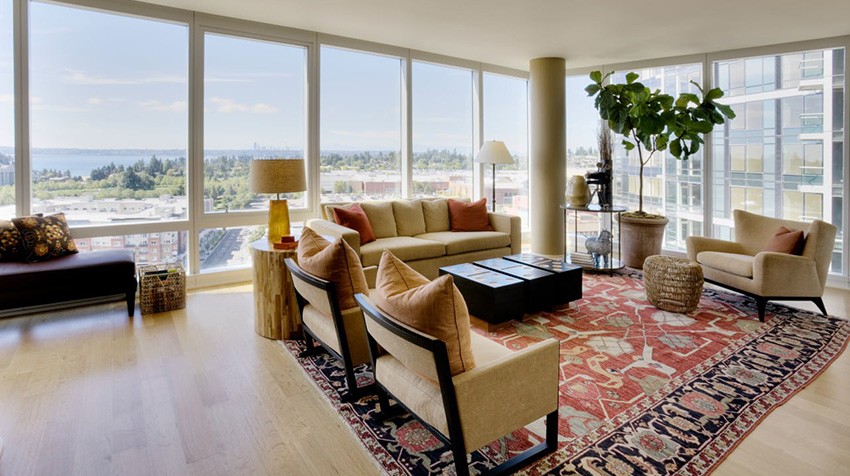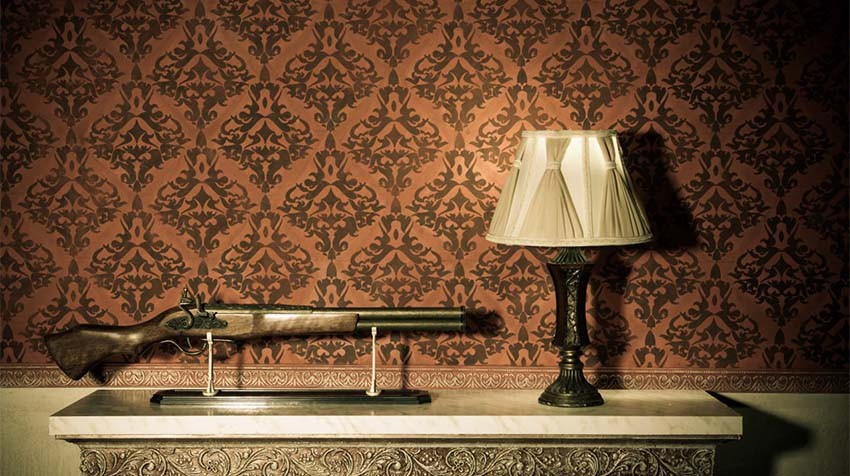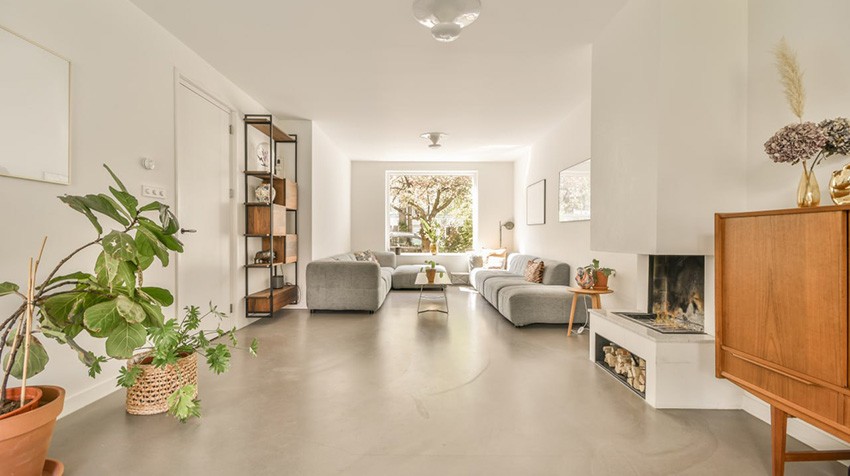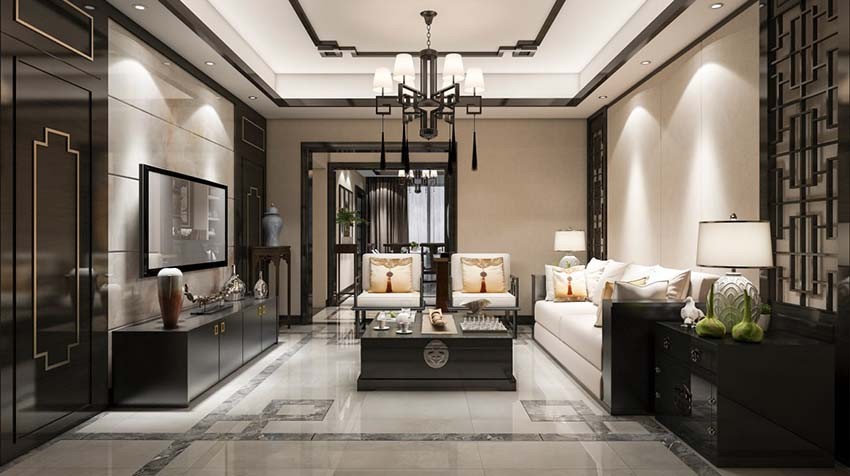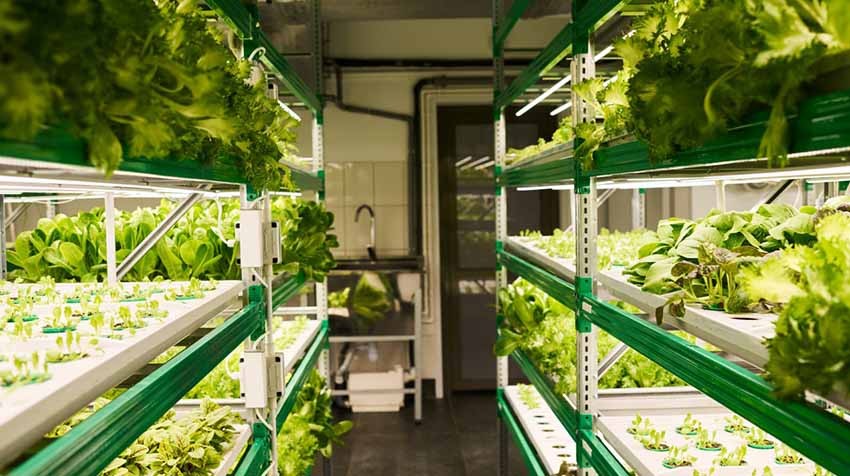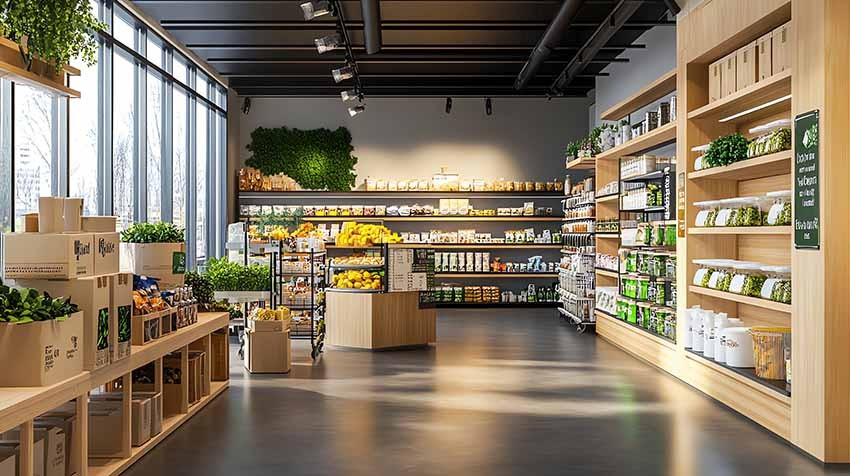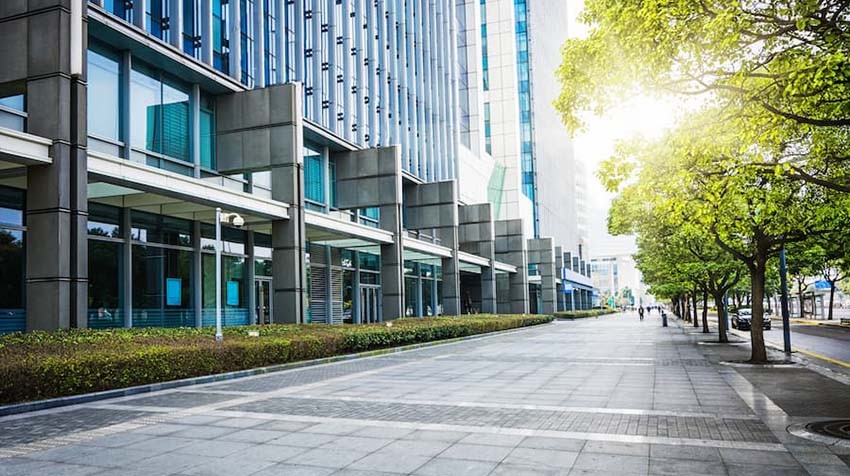
GREEN SATMAHAL, Bara Magh Bazar
Size : 308-1343 sft.
GREEN SPELNDOUR, Moghbazar
Size : 11 katha
Mogbazar: The Commercial Heartbeat of Dhaka
Mogbazar (Bengali: মগবাজার), once a serene residential quarter, has now become one of Dhaka’s most dynamic commercial hubs. Nestled between major neighborhoods like Tejgaon, Malibagh, Segunbagicha, and Ramna, it falls under the jurisdiction of Ramna and Hatirjheel thanas and is governed by Dhaka North City Corporation, wards 35 and 36. With its prime location connecting key areas, Mogbazar is a critical artery in the city’s lifeline, where businesses boom and the city never seems to sleep.
The roots of Mogbazar stretch back to the Mughal Empire, with the area deriving its name from the Maghs, or Mogs, originally from Arakan (modern-day Myanmar). In 1620, the Mughals, under Subedar Ibrahim Khan, defeated the Maghs, who then surrendered and settled in this area after embracing Islam. Historian Muntassir Mamoon suggests that the current name “Maghbazar” gained traction during British rule when the Magh leader King Bring and his followers took refuge here. What started as a settlement in a largely forested land eventually evolved into the vibrant hub we see today.
The spiritual pulse of the area was set in motion in the late 18th century when Shah Nuri Bengali established a khanqah, drawing in followers from all walks of life, including Dhaka’s aristocracy. This cemented Mogbazar’s place not just in history, but also in the social and spiritual life of the city.
Mogbazar, however, is no longer the tranquil residential escape it once was. Over the years, it has morphed into a full-blown commercial zone. The once peaceful streets are now lined with offices, businesses, shops, and a vibrant café culture. Its strategic positioning as a key intersection in the city makes it a hub for daily commuters and business traffic. No matter the time of day, Mogbazar is alive with the constant buzz of activity—buses, rickshaws, and cars maneuvering through the crowded lanes, rushing towards Dhaka’s most important economic centers.
Though housing options still exist, the neighborhood's soul now thrives on commerce. Whether you're here for a quick bite from one of the countless street food stalls or to close a business deal, Mogbazar embodies the energy of a city on the move.
If you're looking for a place to do business, Mogbazar is the place to be. It’s a hub where every corner seems to be brimming with opportunities, from small roadside stalls to large commercial ventures. The area’s rapid commercialization has brought an influx of entrepreneurs and investors, contributing to its fast-paced growth.
While there was once a balance between residential and commercial life, that balance has tipped firmly in favor of business. Office spaces, retail stores, and restaurants now dominate the skyline. And though some residential pockets remain, they are a small part of the larger picture of a neighborhood driven by enterprise.
Despite this commercial takeover, Mogbazar hasn't entirely lost its heart. The neighborhood is still home to some of Dhaka's most prestigious educational institutions, including Viqarunnisa Noon School & College, Siddheswari Boys' High School, and Holy Cross College. These schools continue to produce top scholars and maintain a strong connection to the community.
Community life may no longer be what it was, but it hasn’t vanished. Parks and quieter spaces offer a breather for those who live and work in the area, while the cafés and street food stalls provide places to unwind, laugh, and share moments. Even amidst the rush, there is a sense of belonging here—where the modernity of business mingles with the humanity of everyday life.
Mogbazar, in many ways, mirrors Dhaka’s evolution. It’s no longer just a neighborhood—it’s a symbol of the city’s relentless push forward. The old, peaceful streets may have faded into history, but in their place has emerged a commercial powerhouse that fuels the pulse of the capital. Whether you're a local or a newcomer, Mogbazar offers a glimpse into the spirit of Dhaka, where the past and future collide, and the city’s heart beats louder than ever.
If Dhaka represents a city of contrasts, then Mogbazar is where those contrasts come to life—where the old and new, the calm and chaos, the personal and professional all find their place.
City insights:
1. Mogbazar hosts a population of over 800,000, making it one of Dhaka's most densely populated areas. The sheer number of people living and working here speaks to its importance as both a residential and commercial hub.
2. A food lover’s haven, Mogbazar is packed with dining options, from traditional street food vendors to trendy cafes and restaurants. Whether it’s a quick snack on the go or a leisurely meal, there's no shortage of places to eat, relax, and soak in the local vibe.
3. The community spirit in Mogbazar is palpable, despite its rapid commercialization. The people here, whether long-term residents or new settlers, share a sense of belonging. It’s a place where connections run deep, and the neighborhood thrives on that shared energy.
4. Mogbazar’s central location and flyovers, particularly the Moghbazar Flyover, have significantly boosted its connectivity. Navigating the area has become more efficient, turning it into a crucial junction for daily commuters and those passing through to other parts of the city.
5. Mogbazar serves as a bridge between key areas like Mintu Road and Panthapath, linking both major residential zones and important commercial districts. Its position makes it a vital artery in Dhaka’s layout, keeping both business and personal movement flowing smoothly.
Transportation
Bus routes
1. Mogbazar to Motijheel
2. Mogbazar to Mirpur
3. Mogbazar to Mohakhali
4. Mogbazar to Banani
5. Mogbazar to Kamalapur
6. Mogbazar to Sayedabad
7. Mogbazar to Gazipur
8. Mogbazar to Uttara
Nereby Train station
Kamalapur railway station
New Developments
An elevated expressway is currently being constructed in the Mogbazar area. Once completed, it will facilitate smoother and faster transportation for vehicles coming from Khilgaon, significantly improving traffic flow and reducing congestion in the neighborhood.
What Makes Mogbazar Great
Mogbazar boasts a wide range of schools, colleges, and healthcare facilities, ensuring that essential services are within easy reach for all its residents. From educational institutions to medical care, the area has everything covered, making life here more convenient for families and individuals alike.
Compared to Dhaka’s more central areas, Mogbazar offers relatively affordable housing, making it a popular choice for those looking to move into the city. The balance of cost and connectivity makes it an attractive spot for newcomers and long-time city dwellers alike.
The area’s rapid growth in business and industries presents ample job opportunities, especially for young professionals. As businesses continue to expand, Mogbazar offers a wealth of employment prospects that draw in talent from all over the city.
At the heart of Mogbazar lies the iconic Mouchak Market, a landmark that has been bustling with activity for decades. This commercial hub is a go-to destination for shopping, where everything from everyday essentials to specialty items can be found, adding to the lively spirit of the neighborhood.
Areas for Improvement in Mogbazar
Mogbazar faces significant traffic congestion, particularly during peak hours. The heavy flow of vehicles, including rickshaws and buses, often leads to prolonged travel times, frustrating commuters.
The rapid urbanization in Mogbazar has outpaced effective urban planning. There is a need for comprehensive development regulations to manage the growth and ensure a balanced infrastructure.
Waste management practices in Mogbazar require significant improvement. Inefficient waste collection and disposal systems can lead to littering and unsightly surroundings, affecting the community's hygiene and aesthetics.
The sidewalks in Mogbazar are often inadequate, making it difficult for pedestrians to navigate safely. Improving pedestrian accessibility and infrastructure is essential to encourage walking and enhance safety for residents and visitors.
